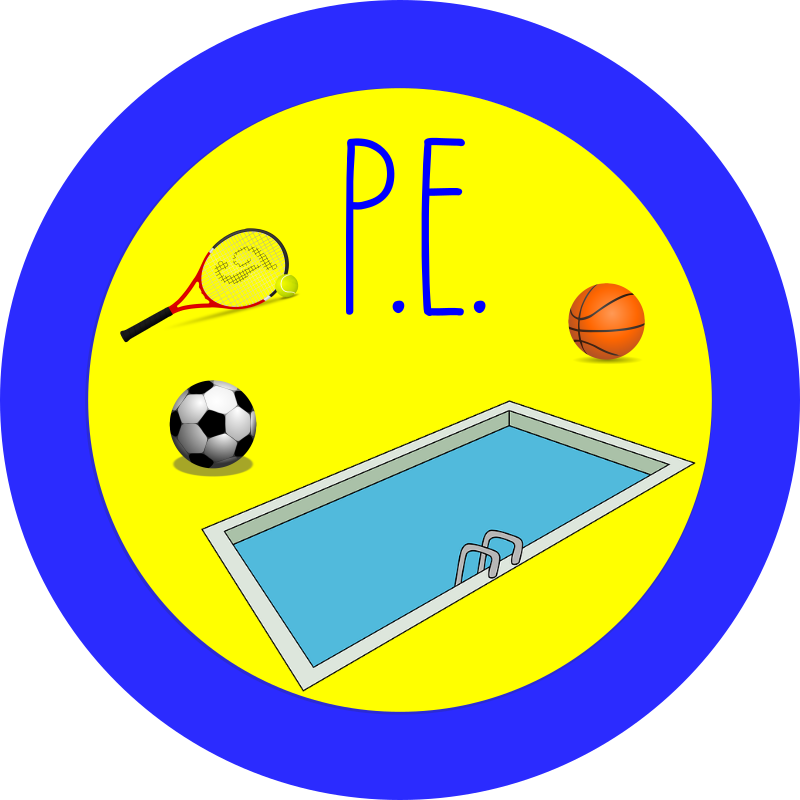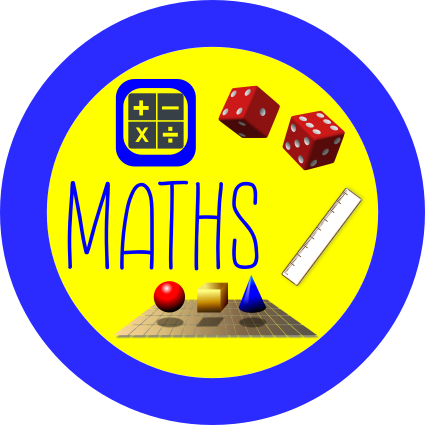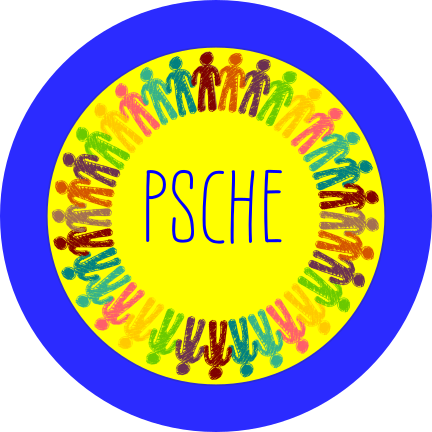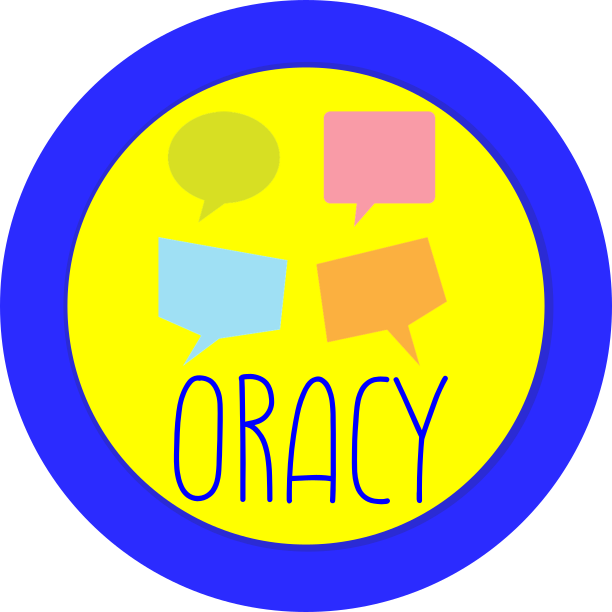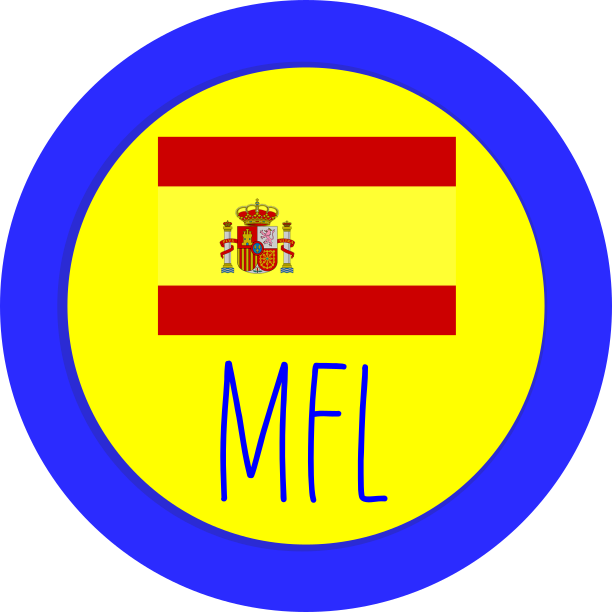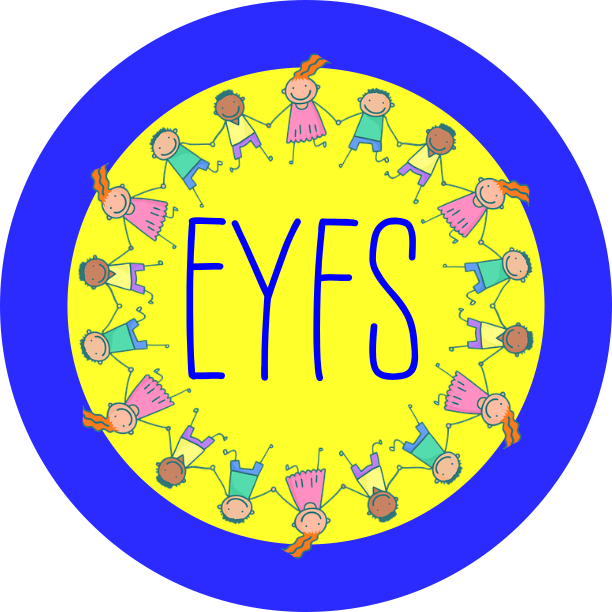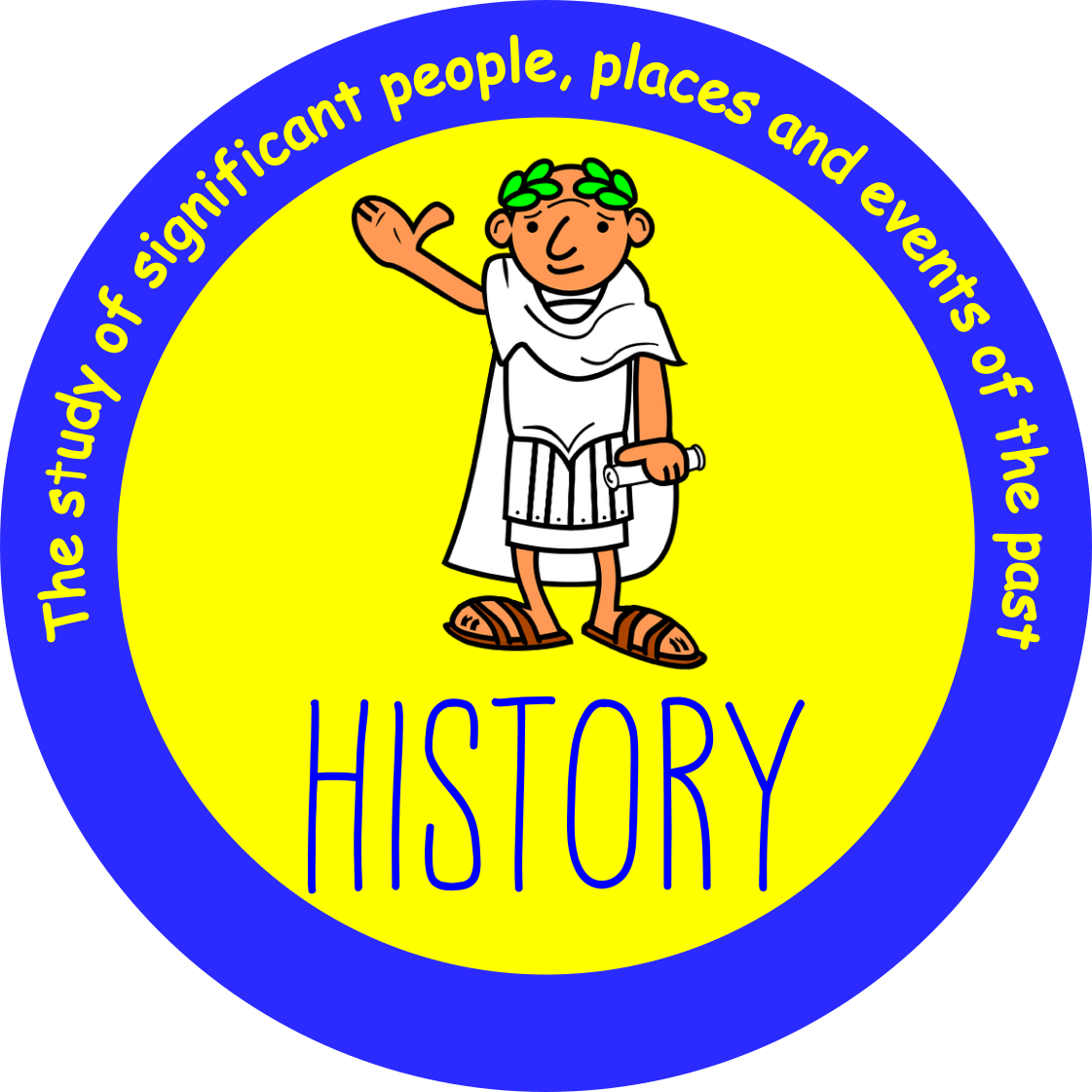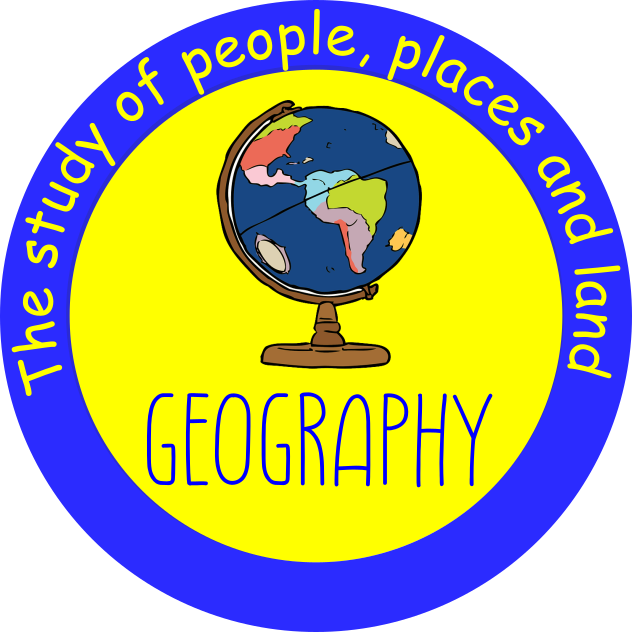Curriculum
St Edward's - A caring Christian Community where children achieve their potential, are confident in themselves and their abilities and are set on a positive path for life.

At St Edward's we are proud of our rich, ambitious curriculum which provides all children with a wide range of experiences and opportuni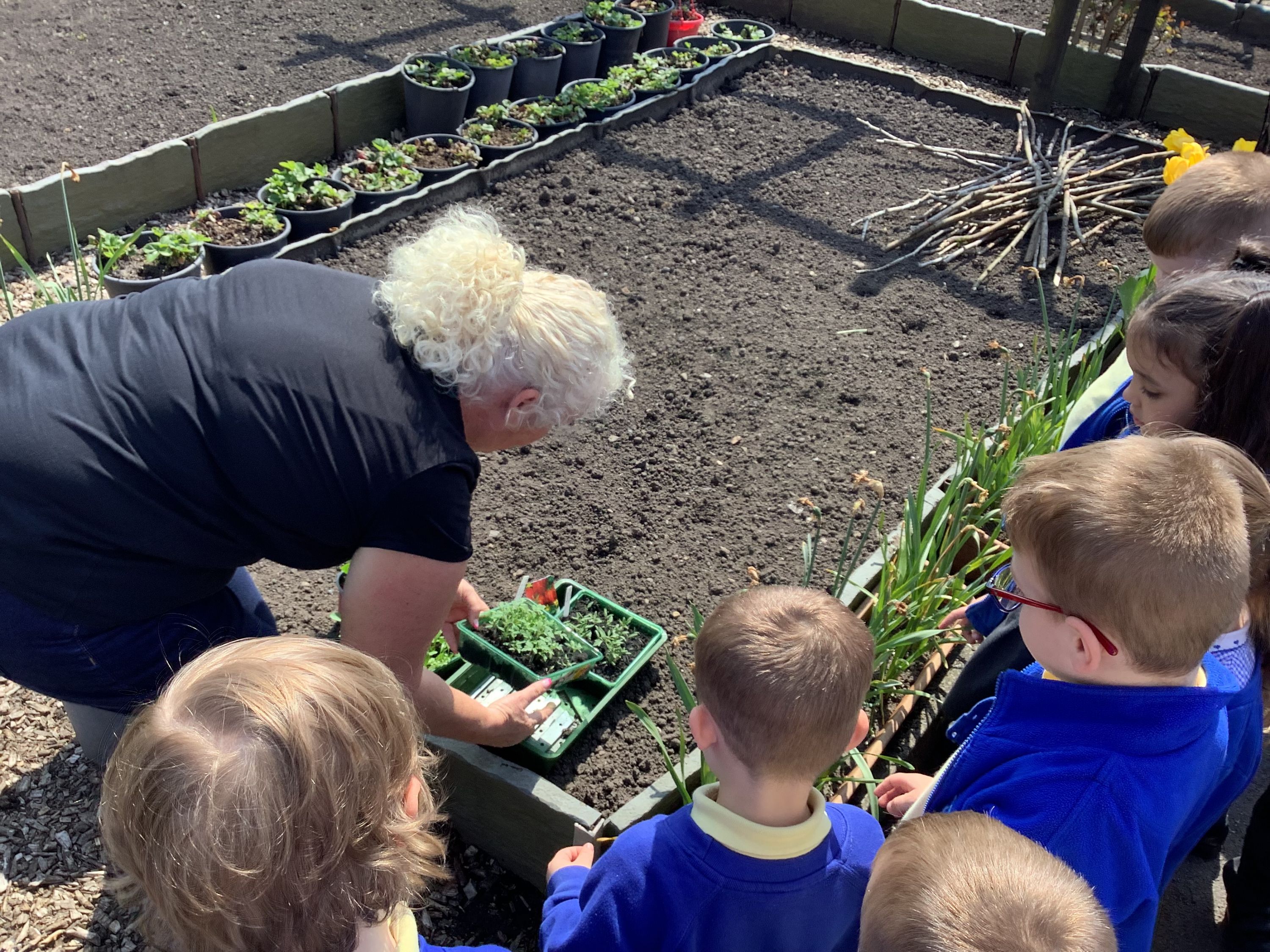
We forge strong links with our local community and believe that celebrating the unique characteristics of the area and its people allow us to grow together to be the best that we can be.
Our curriculum is rooted in our school vision and embeds our school values. We have carefully designed learning pathways in each subject which meet our ambitions and also address the specific needs of our learners.
If you would like any further information about the curriculum, please contact the office.
The purpose of Curriculum is to build the architecture of long-term memory.
Dylan William
The St Edward's Curriculum
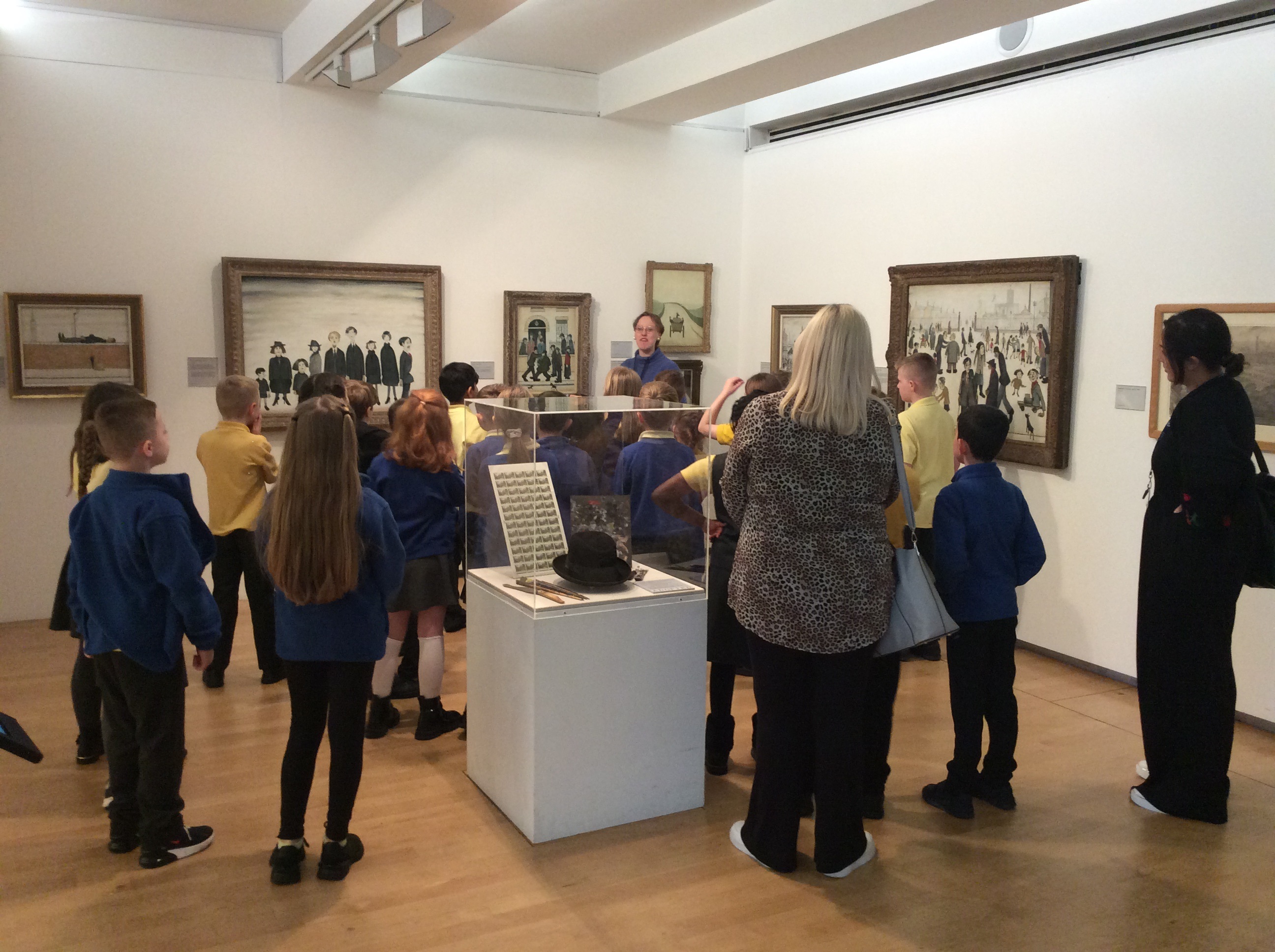 It is our aim that by the time the children leave St Edward's to embark on the next stage of their education, they are equipped with the academic knowledge and skills, and have developed the personal attributes needed to enable them to become successful citizens of the future.
It is our aim that by the time the children leave St Edward's to embark on the next stage of their education, they are equipped with the academic knowledge and skills, and have developed the personal attributes needed to enable them to become successful citizens of the future.
We want our children to be happy and feel safe in school; extending their learning, creating challenges in a broad and balanced, experience-rich curriculum. Our curriculum is planned and sequenced so that new knowledge and skills build on what has come before.
The academic learning is underpinned by a strong emphasis on personal development and social skills so that children make and maintain healthy relationships with others. They learn responsibility and develop a sense of self so that they understand and value their place in the world and respect the same for others.
Our staff reflect on and discuss the specific needs of our children at St Edward's, and we have identified the following areas as being particularly important:
- Development of vocabulary
- Oracy and communication skills
- Providing relevance and a real-life context for learning points
- Development of resilience
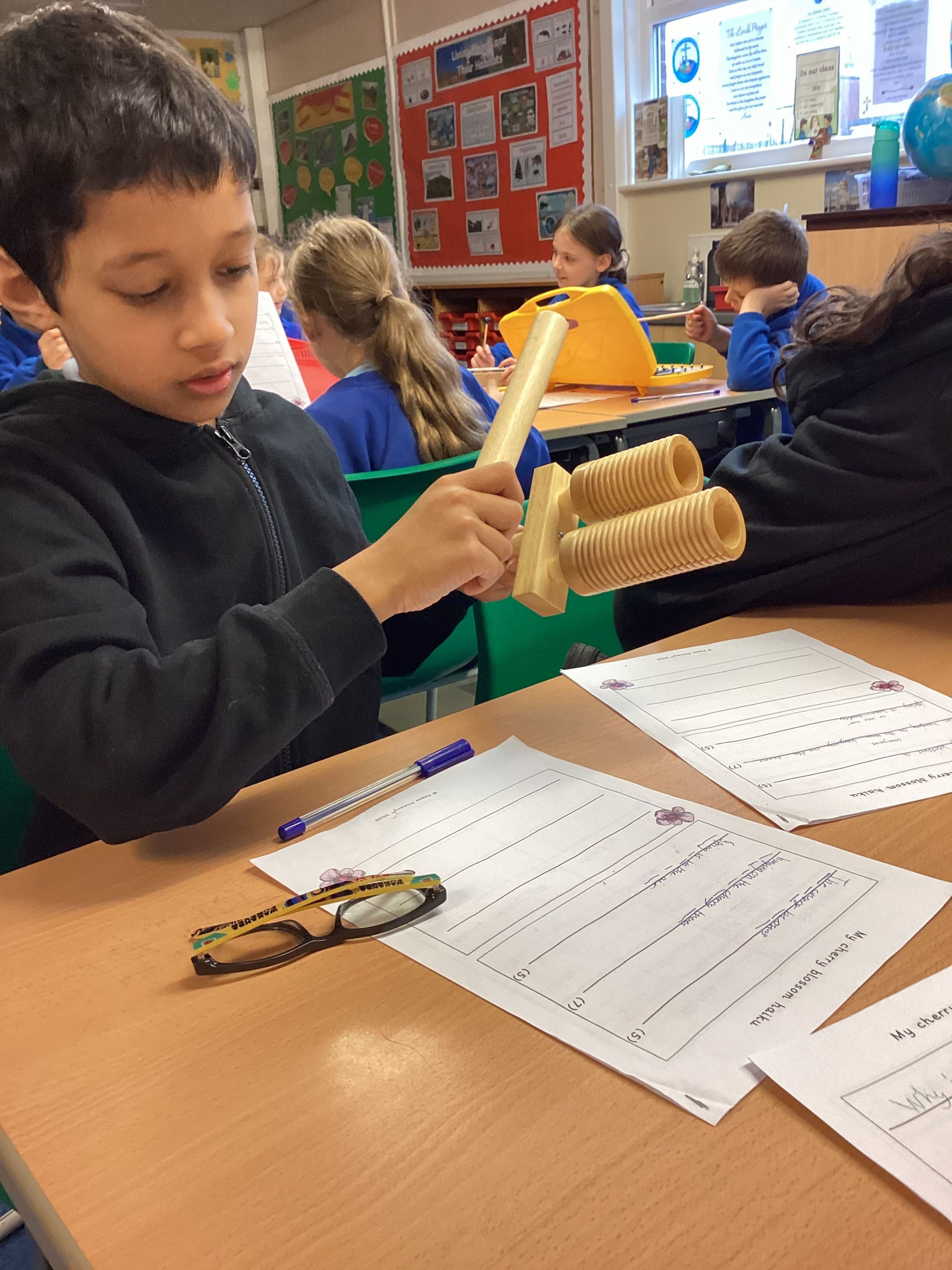
In order to improve our children's ability to express themselves confidently, each curricular subject maps out key vocabulary and subject-specific terminology. Children are deliberately given plenty of opportunities for discussion.
All children are provided with challenging tasks, and resilience is deliberately built via a 'Growth Mindset' culture. Mistakes are valued and explored as an important part of the learning process.
When planning, teachers consider how they can make learning relevant for all pupils. We aim to provide plenty of experiences which children may not otherwise receive.
A Curriculum for All Children
St Edward's is an inclusive school, and we work hard to ensure all children are able to access our curriculum. We believe that all children are entitled to an education that enables them to achieve their full potential.
Inclusion is at the heart of everything that we do, and our inclusive approach aims to ensure all of our pupils are able to access the same opportunities for learning and social development, achieving maximum progress.
We believe that positive relationships and interactions between teachers and pupils and among peers are key to successful learning for all pupils, so we ensure that all classes establish an atmosphere of trust and mutual respect. We understand that pupils with SEND are more likely to thrive in a positive environment.
We have high expectations for all children. It is important to us that our children believe they can succeed and know that their teachers believe they can too. We want them to hold positive self-images in all subjects, regardless of the barriers they may face. We do not want difficulties with reading, writing or maths to afffect their capacity to thrive in other subjects.
We know that effective SEND provision depends on quality first teaching. We work to stay abreast of the latest educational research and invest in staff training. Our teaching staff have a good understanding of how children learn, and we apply Rosenshine's Principles of Instruction to help pupils to master new concepts.
Most of our foundation subjects are delivered via the Kapow schemes of work. The programmes of study are well sequenced and delivered in small steps. In lessons, content is repeated and revisited to enable children to retrieve prior learning and develop fluency. We regularly plan opportunities for spaced practise to ensure knowledge is retained and children make progress. We use adaptive, responsive teaching in all classes to ensure that the needs of all children are being met. All teachers encourage plenty of pupil talk so that they can tap into and support student understanding while maintaining consistently high expectations. Staff are encouraged to adapt the scheme plans to suit the needs of their children when necessary.
The majority of children access age-appropriate objectives through adaptive teaching. For all pupils (including those with SEND), teaching is adapted through a range of strategies including: breaking down learning into smaller chunks; adult support; reframing of questions; use of concrete and visual resources. Children’s difficulties and misconceptions are identified through immediate formative assessment and addressed with rapid intervention within the classroom.
We know that some pupils with Special Educational Needs and Disabilities (SEND) may need further adaptations or support. Teachers take into account the specific needs and targets set for these pupils and for children whose first language is not English, when planning and implementing the curriculum. Specific arrangements for the provision of children with SEND will be communicated to parents and carers during SEND reviews (for more information about this please see the SEND page).
Quality first teaching demands 100% participation from the pupils, and sets high and realistic challenges. It does not ‘spoon feed’, it is challenging and demanding; it expects pupils to be able to articulate their ideas, understanding and thinking by actively promoting pupil talk.
DfE Personalised Learning - a practical guide
We believe that inclusivity means teaching children to respect people from all backgrounds and cultures. We aim for our children to be curious, accepting and tolerant - in and beyond the classroom walls.
Our curriculum leaders have worked to ensure our curriculum is representative and balanced, and children learn about famous people across the curriculum who are of different ethnicities and gender. We believe that it is our responsibility to allow all children the chance to see themselves reflected in the 'heroes' and characters they study.

